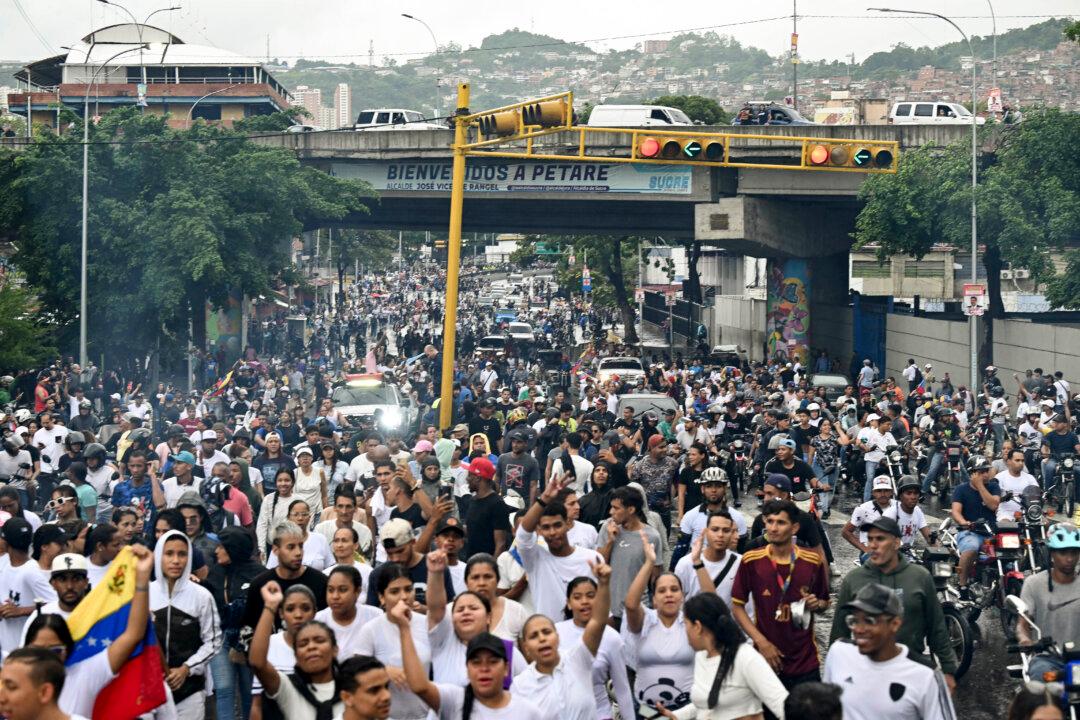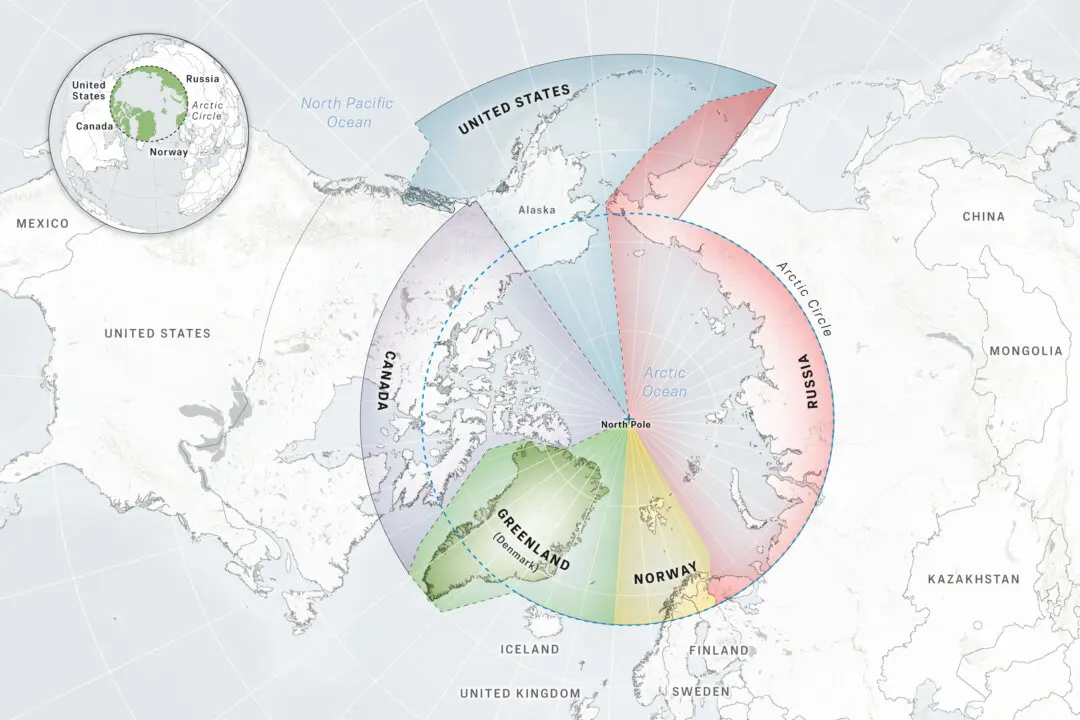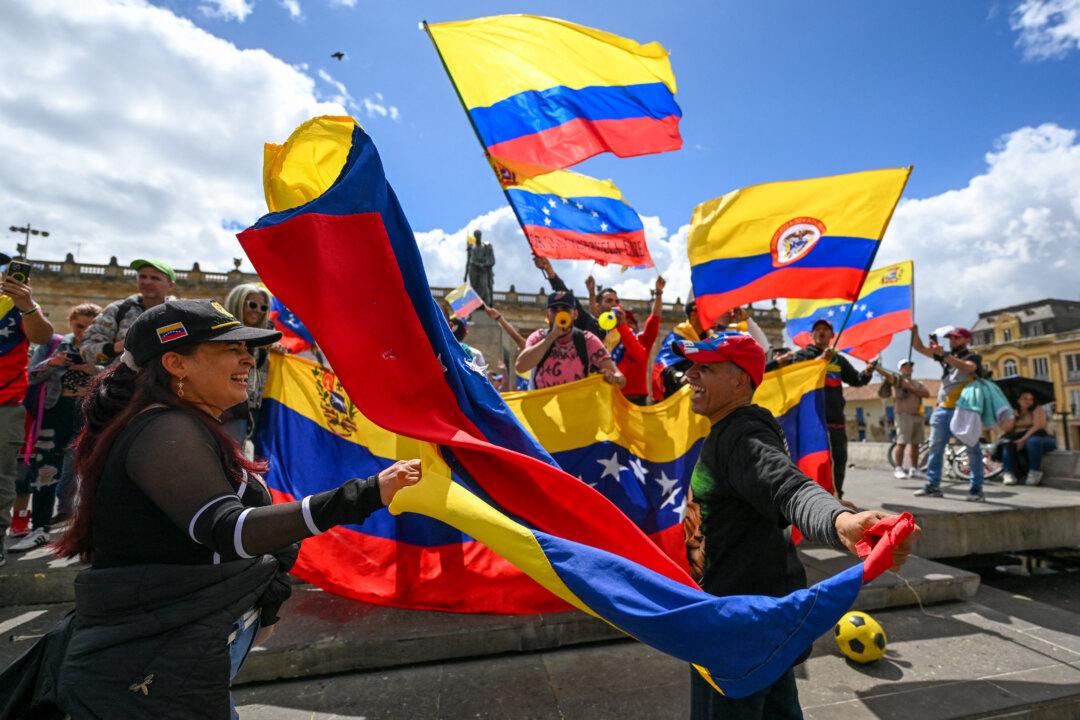Post-election demonstrations in Venezuela continue as pressure mounts against disputed leader Nicolás Maduro, who has firmly stood his ground amid ongoing calls to release voting details from the July 28 general election. In the streets, clashes between Venezuelan security forces and protesters have resulted in at least 20 deaths, according to Human Rights Watch.
On Aug. 3, Maduro announced that 2,000 civilian arrests have been made and denounced those who contest his administration.





